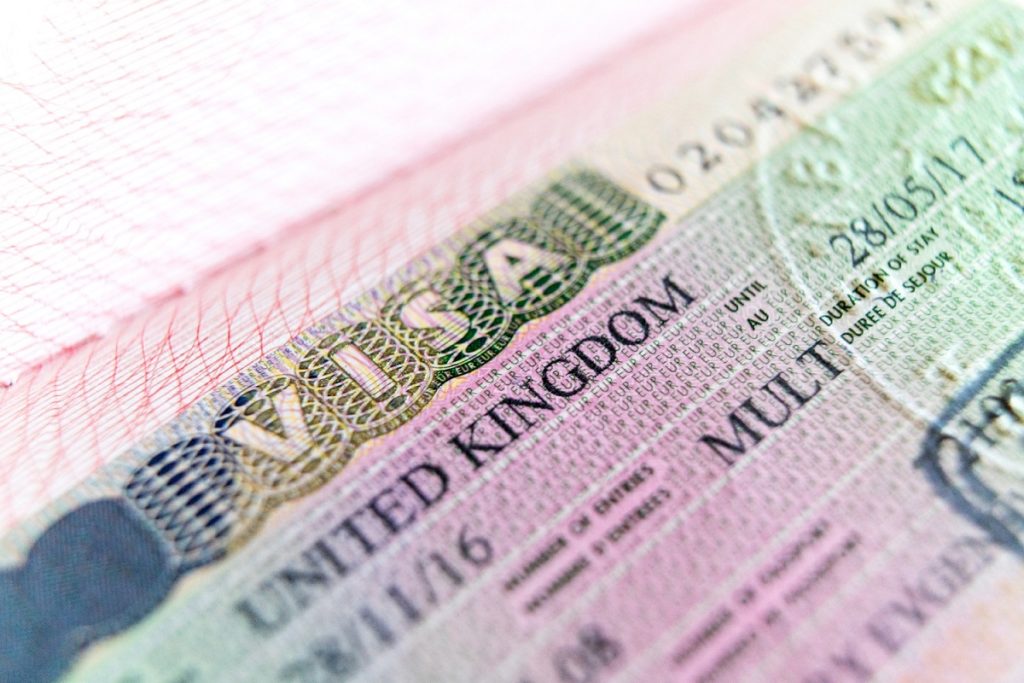Folasade works as a healthcare assistant in the West Midlands. On top of the unimaginable stress of working in the NHS during the Covid-19 pandemic, she faces the never-ending fear that she won’t be able to afford the next round of visa applications.
“When it is time for you to renew you are looking everywhere for money,” she says. “You have no money to save, for school, rent, car insurance. My son is finishing college and I want him to go into further education but that is hard, financially.”
Folasade works as much as she can to make ends meet, often giving up family time or sick leave: “I work six days a week in order for me to pay for everything and it’s still not enough, I still have debt. I don’t have time with my kids because I have to work so much. The other day I had a headache, felt feverish and sweating. I drank some water and took some paracetamol, but I have to carry on working.”
Since coming to the UK from Nigeria in 2009, Folasade estimates she has spent around £15,000 in visa fees and related costs. Next time she renews her visa she will have to pay £1,033 – and she’s worried there could be £1,560 on top of that for the Immigration Health Surcharge. Some NHS workers are now exempt from this charge, but it’s not clear if healthcare assistants are included in that.


Her situation isn’t unusual – tens of thousands of people across the UK face these punitive costs every 2.5 years, just to apply for permission to stay in the country that is now their home. Families face particularly outrageous costs, with a family of four forking out at least £53,000 over the 10+ years from arriving in the UK to getting citizenship. That’s on top of taxes, rent, utilities, food, and so on – all the regular costs of life.
The impacts can be devastating. Parents are faced with the choice between feeding their children and maintaining their right to stay. Others are priced out of legal status entirely. Women are disproportionately affected, especially BAME women.
Given that the fees are significantly higher than the cost to process the application (usually around £200-300), they are unfair even in normal times. During a pandemic, when many people have lost their jobs, are on reduced incomes, or face weeks or months of unpaid sick leave, they are indefensible.

Yet the government has done nothing. They’ve even defended the fees; earlier this year, a Home Office minister suggested that migrants should be able to rely on investments or savings to pay the application fees. Not only is this frighteningly out of touch, but it reveals the government’s continued tendency to prioritise migrants with wealth.
To hear this during the Covid-19 pandemic was particularly shocking. If anything has been underlined by this country’s new-found appreciation of frontline workers, it is the flaws of valuing people according to their salary. In 2021, we at Migrant Voice will be stepping up our campaign to raise the voices of Folasade and other people like her – and to call for change.
We want to see these discriminatory fees reduced to the cost of processing them, and for children’s fees to be abolished. It’s not a radical ask – currently, visa fees in the UK are far higher than in most European countries, where temporary visas often cost just €100 – but it’s a logical and a humane one.
We also want to see the government start genuinely listening to people impoverished by these extortionate fees. That’s particularly important to Folasade.
“I don’t feel heard by the government,” she says. “They don’t know what I am going through. We are human too. I want to be heard.”











